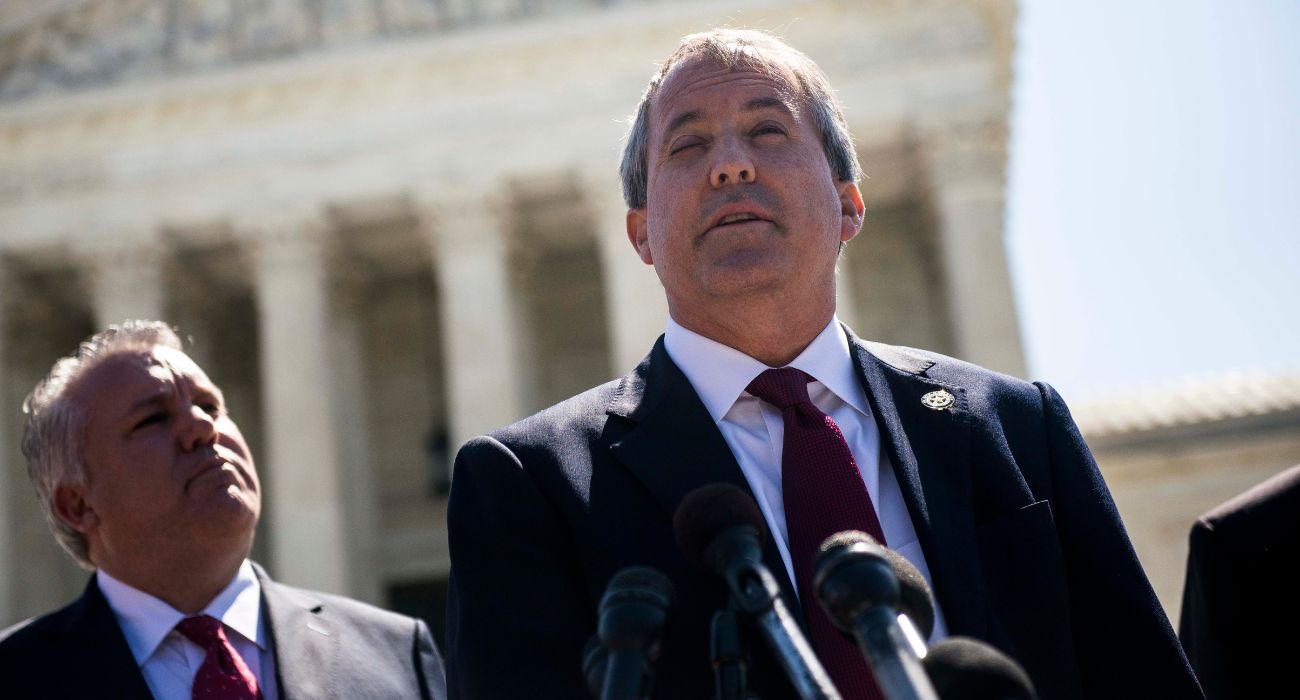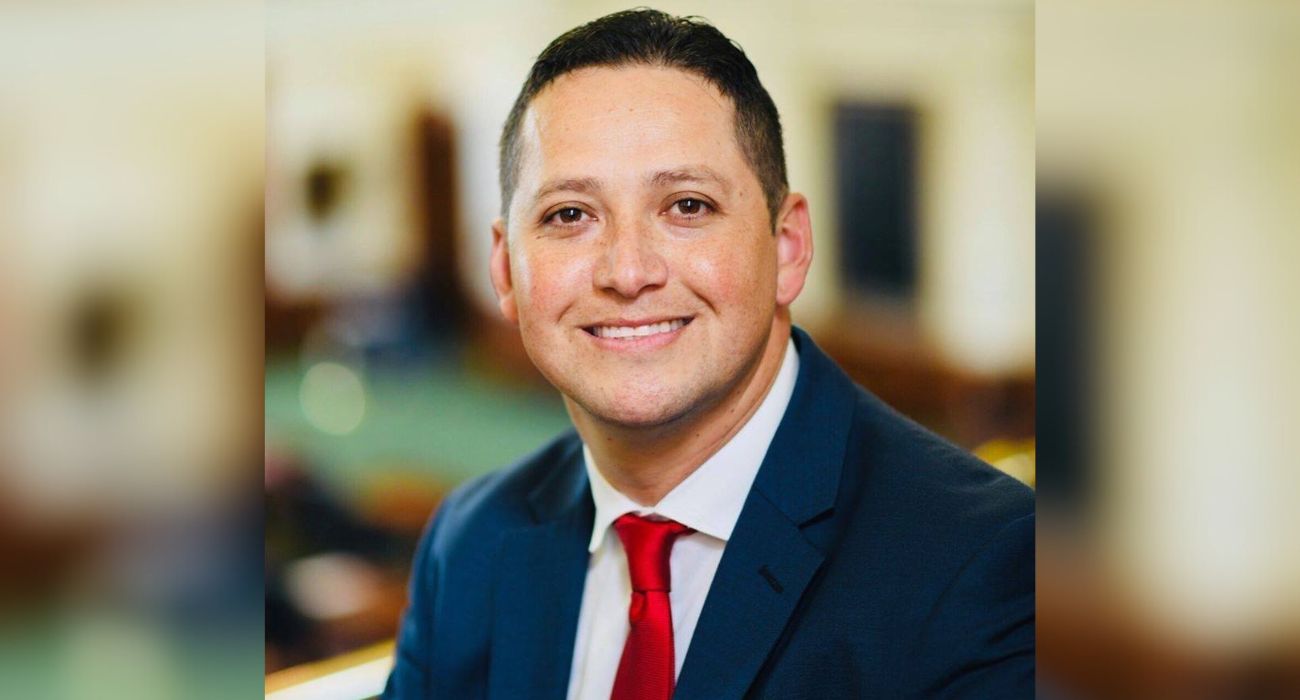Texas Attorney General Ken Paxton scored another victory over porn companies that sued the Lone Star State over its new age verification requirement law for websites hosting “obscene materials.”
As previously reported by The Dallas Express, Paxton sued Ayo Global, the parent company of Pornhub, after the site failed to follow the new state law that requires online adult content to verify users to make sure they are at least 18 years of age.
HB 1181 went into effect this past November, mandating that porn sites implement an age verification system. The bill was authored by a bipartisan group of lawmakers, including Reps. Matt Shaheen (R-Plano), Nate Schatzline (R-Fort Worth), Nicole Collier (D-Fort Worth), Claudia Ordaz (D-El Paso), and Jared Patterson (R-Frisco).
A group of porn industry insiders won a preliminary injunction to stall the new law, arguing that it was unconstitutional. Court House News Service reported that the group said the law was part of a “long tradition of unconstitutional — and ultimately failed — governmental attempts to regulate and censor free speech on the internet.”
The Office of the Attorney General said in a press release on Friday:
“HB 1181 requires purveyors of obscene materials online to institute reasonable age-verification measures to safeguard children from pornography. Pornhub and other organizations sued Texas, initially obtaining an injunction from a district court. However, Attorney General Paxton immediately appealed and secured a stay, allowing him to enforce the law. Now, the U.S. Court of Appeals for the Fifth Circuit has partially vacated the original injunction, ruling that the age verification requirements are constitutional.”
The press release also stated, “While the court vacated the injunction against the age-verification requirement of the statute, it upheld the lower court’s injunction against a separate section of the law that would require pornography websites to display a health warning on their landing page and all advertisements.”






